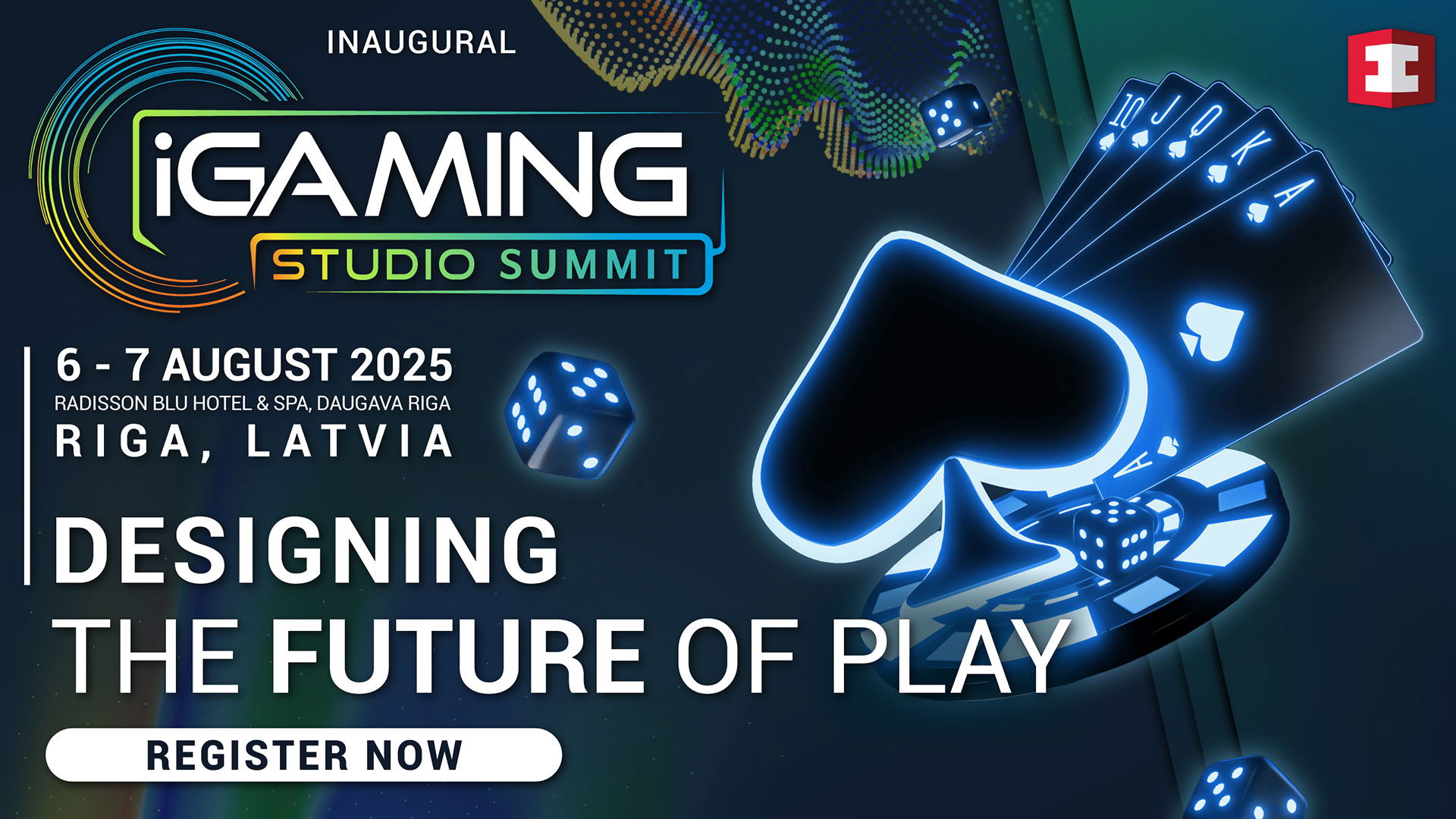iGaming Studio Summit 2025 to explore game development innovation and trends in Riga

The iGaming Studio Summit 2025 is set to debut in Riga on August 6–7 at the Radisson Blu Hotel & Spa Daugava.
Organized by Eventus International, the summit is set to bring together studio leaders from across the iGaming industry to directly address the challenges and opportunities shaping the future of game development.
The event is designed for studios looking to sharpen their edge through creative design, smarter tech, and practical business strategies. From top global players to emerging studios, the summit will explore how to create games that not only entertain but outperform, organizers said.
Sessions will cover how to recruit and keep top talent in a competitive market, how to design next-gen experiences using VR, AR, and multiplayer mechanics, and how to navigate EU AI Act compliance with actionable steps tailored for suppliers. The summit will also tackle how to balance business growth with data protection and player trust as regulations tighten across the globe.
One of the key speakers, Dainis Niedra, Chief Operating Officer of Entain, will bring a clear and direct perspective on the role of gamification, data strategy, and responsible play in today’s market. He emphasized that responsible gambling and business success are not mutually exclusive. Niedra also underscored that professionally designed gamification can enhance engagement and increase lifetime value, particularly in low- and mid-value player segments.
Niedra also urged the industry to explore underutilized behavioral data, citing “unsuccessful” or abandoned player actions –like games browsed but not played or bonuses left unclaimed– as an untapped goldmine for retention. "Yes, working with this type of data is more complex," he said, "but if done well, it can unlock an entirely new layer of value for retention marketing - making communications smarter, more relevant, and far more effective."
Additionally, Niedra warned against over-complicating immersive environments. “The goal is to design gamified ecosystems that are vibrant without being chaotic - rewarding but never manipulative," he added.
When it comes to integrating predictive analytics into game design, he believes it all starts with a solid foundation. "It's the day-to-day, often unglamorous work with data-analysing behaviour, refining segments, reviewing lifecycle communications,” he said.
Addressing the rising expectations of today’s digital entertainment consumers, Niedra pointed to simplicity, personalization, and localization as non-negotiable. “Everything needs to work fast, feel effortless, and be tailored to a specific market and individual player. Only then do we stand a real chance of competing for attention," the expert concluded.















